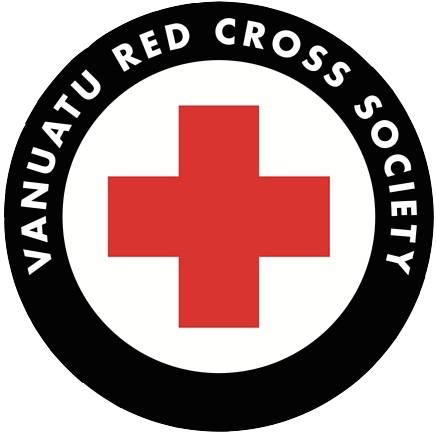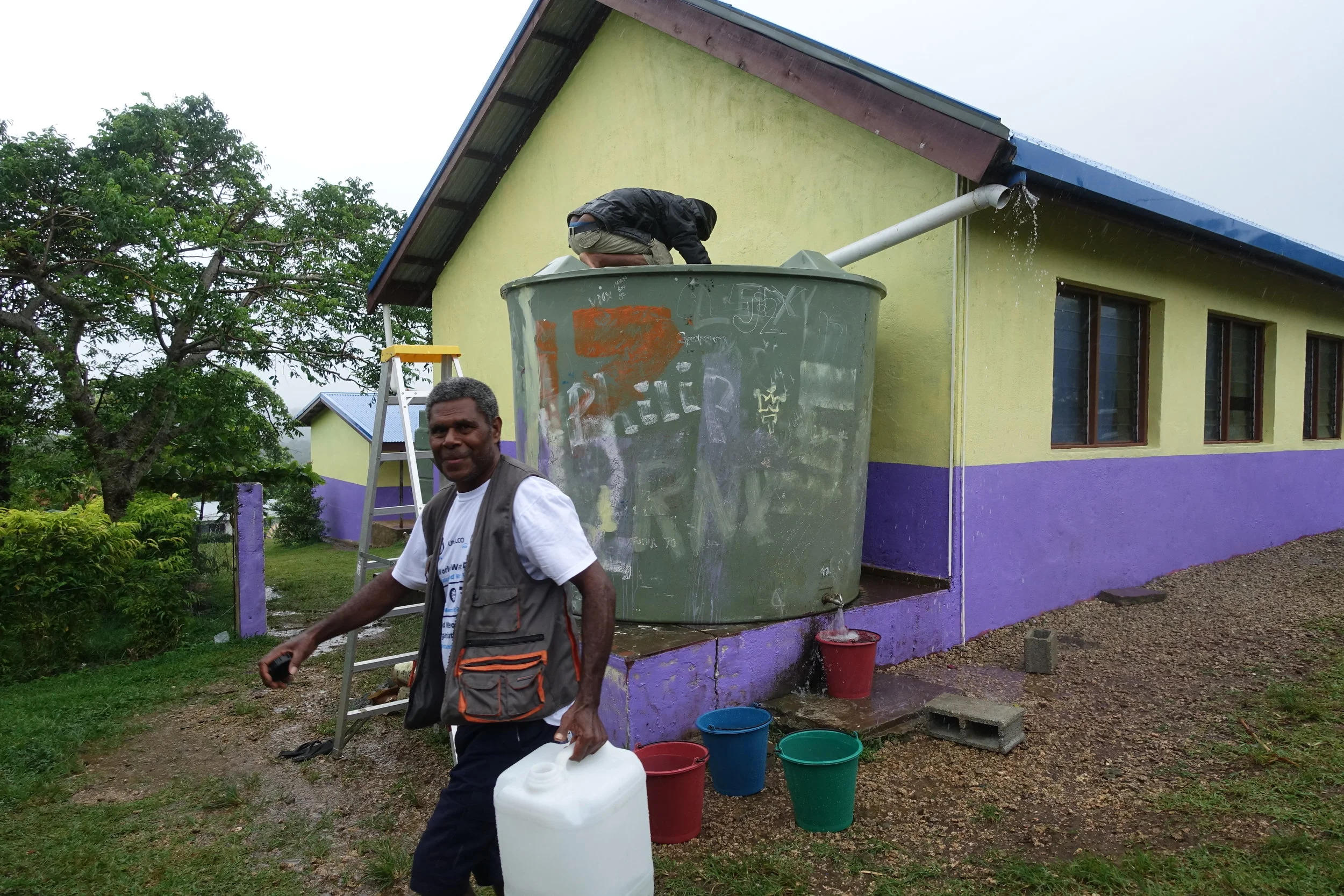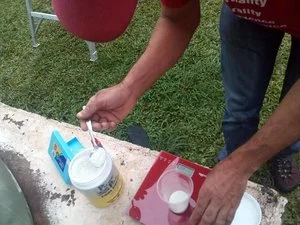By Corinne Ambler/IFRC
Lessons learned during Cyclone Pam two years ago have ensured Vanuatu Red Cross’ preparations and response to the latest large cyclone to hit the island nation have gone smoothly.
Tropical Cyclone Donna swept across the top of Vanuatu last week as a Category 4 storm, increasing to Category 5 as it tracked south between Vanuatu and New Caledonia.
Despite widespread damage in the tiny Torres islands, there were no fatalities and only one injury has been reported – a woman from Mere Lava island in the banks group who injured her eye.
Vanuatu Red Cross disaster management coordinator Augustine Garae says as soon as the cyclone formed, head office contacted the Torres area council secretary, a former Red Cross staff member, via VHF radio and he warned his community to take shelter.
“We’ve been working in that community for a few years, running a disaster risk reduction project. There are about 50 Red Cross volunteers in the Torres islands, and we have also set up community disaster committees there,” Mr Garae says.
“Through the training we’ve done with all the community disaster committees and area councils, they’re now all part of the Red Cross Movement.”
The value of Red Cross VHF radios was also proven during the emergency, with the Vanuatu government’s National Disaster Management Office (NDMO) able to make contact with the Torres island community through the Red Cross Torres radio.
After Cyclone Pam in March 2015, Vanuatu Red Cross trained 100 volunteers in emergency response and set up 16 community disaster committees. Two new warehouses were built in Port Vila and Santo for storing disaster relief supplies.
These warehouses will supply aid to around 900 of the most vulnerable people affected by the storm. When weather allows, Vanuatu Red Cross will take water containers, water purification tablets and soap along with a water engineer, water technician and health promotion officer on the first small plane into the Torres island group. A helicopter will be used to ferry goods and Red Cross staff between the islands.
“More detailed assessments are now coming in from the ground, and it is becoming obvious that the priority is water. If we don’t act soon there is risk of an outbreak of water-borne diseases because all toilets have been destroyed,” Mr Garae adds.
“But the community is coping. They’ve reduced their vulnerability through training and become resilient. They’re helping each other, they’ve been in this situation before and they all know each other.”
It’s thought 60 per cent of all houses in the Torres island group are damaged and a third of crops have been destroyed. The only cell phone tower is down and there is also damage to schools and churches.
Vanuatu Red Cross chief executive officer Jacqueline de Gaillande says the experience of Tropical Cyclone Pam meant her team acted quickly, because it knew how even a weak cyclone could quickly turn and become a devastating storm.
“We were not complacent and we did not wait. We sent branch officers who were in Port Vila for a training back home straight away, and all our volunteers and staff were ready and on standby,” she explains.
“The NDMO very quickly put messages on the radio and sent SMS’s, and we were quick to share information from our branches and volunteers with the NDMO. They knew our capacity to respond and started talking to us early on, because they knew with our network we would be able to help them.
“Our partners in country from Australian, New Zealand and French Red Cross were also very helpful and here just at the right time. I am very pleased with the way everyone has worked together to help those impacted by the cyclone.”
Anyone wanting to help those affected by Cyclone Donna can donate via the Vanuatu Red Cross website: www.vanuaturedcross.org/donate












